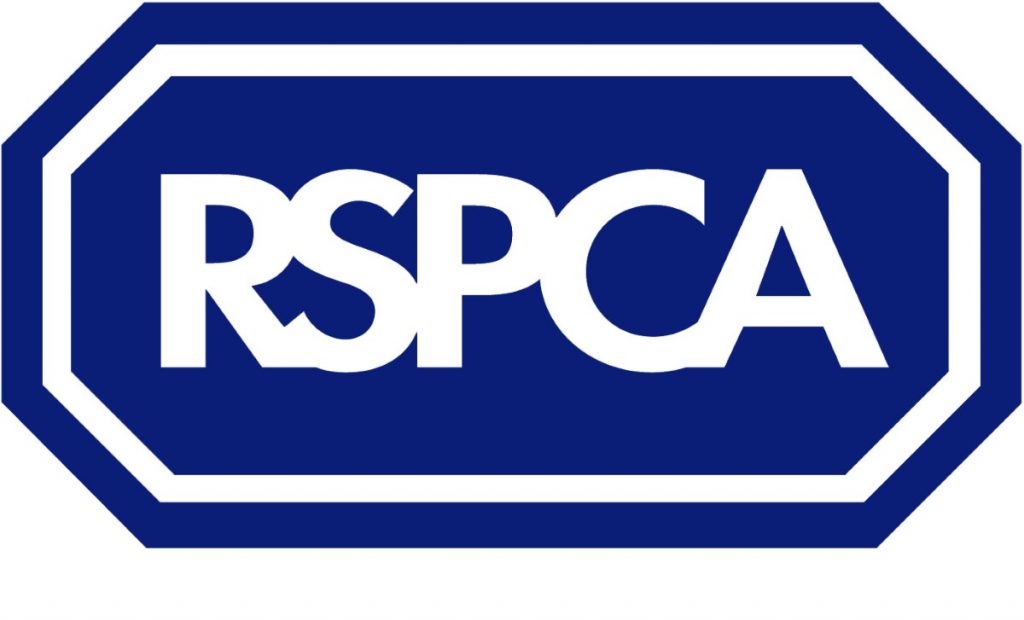Storms leave puffins miles from home
RSPCA caring for juvenile puffins ‘exhausted’ by weather
Puffin.JPGA group of weather worn puffins are among an influx of birds being cared for by the RSPCA after the heavy storms blew them off course.
More than 40 birds have been brought to the charity’s West Hatch Wildlife Centre in Somerset over the last few days.
They include the four tired puffins who were found dotted along the south west shoreline from Falmouth on the south coast right round to Brean Sands in Somerset.
One of the birds was found by a member of the public huddling for shelter under a caravan at the Brean Sands Caravan Park on the Somerset coast on Thursday. (6 February)
Atlantic puffins aren’t usual visitors to the beaches of Somerset and it is thought the young puffins were blown up to 20km off course from their home colonies on either Lundy, off North Devon, or Skomer, off the Pembrokeshire coast, by the strong winds.
The four puffins are now being hand fed a diet of sand eels while they recover at RSPCA West Hatch.
RSPCA wildlife centre manager Peter Venn said: “We have had more than the usual amount of storm blown birds in to the centre because of the severe weather we have been experiencing. But puffins are one of the more unusual ones.
Puffin 2.JPG“The winds have been so heavy we think these puffins are just completely worn out by the stormy weather. It was lucky members of the public spotted them at their various locations.
“They are now being hand fed and regularly monitored. When they are a little bigger they will all be put in to one of our pools together before hopefully being released when they are old enough and strong enough.
“The puffins are not showing any signs of injury and are all very bright and alert. They are not oiled like many of the seabirds that come in to us are, just very disorientated.”
As well as the four puffins, RSPCA West Hatch has been inundated with other storm blown birds such as guillemots, kittiwakes and razor bills, especially from the Chesil Beach area of Dorset.
A large number of the birds have been oiled and staff are now working hard to clean the birds and help them on the road to recovery.
Peter Venn added: “We do not think there has been a fresh oil slick somewhere but we suspect the storms have churned up oil and brought it up to the surface of the water which then exposes sea birds to contamination.”
-ends-
Notes to editors –
Images are available on request
The Atlantic puffin (Fratercula arctica) also known as the common puffin is not considered to be endangered although there numbers are in decline.
The Atlantic puffin spends the autumn and winter in the open ocean of the cold northern seas and returns to coastal areas at the start of the breeding season in late spring.
RSPCA, Wilberforce Way, Southwater, Horsham, West Sussex RH13 9RS
Press office direct lines: 0300 123 0244/0288 Fax: 0303 123 0099
Duty press officer (evenings and weekends) Tel 08448 222888 and ask for pager number 828825
Email: press@rspca.org.uk Website: www.rspca.org.uk
Freedom Food – the RSPCA's farm assurance and food labelling scheme – is
celebrating 20 years of improving the lives of farm animals!
Find out more: www.freedomfood.co.uk/anniversary





-01.png)